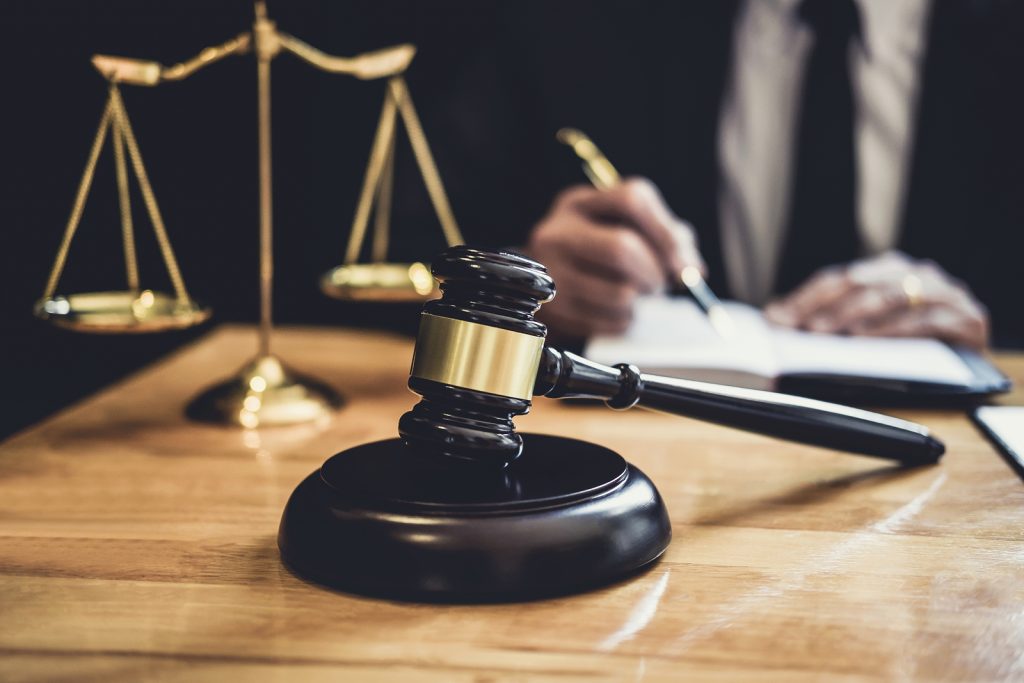A pour-over will is an essential component of many estate plans, working in conjunction with a trust to ensure a comprehensive approach to asset management after an individual’s passing. The personal representative (also known as an executor) plays a crucial role in executing the terms of a pour-over will. Here is an overview of their key responsibilities:
- Probate Process Management: The personal representative initiates and manages the probate process. Probate is the legal procedure through which the will is validated by the court. In Massachusetts the Probate process is governed by the Uniform Probate Codewhich has been codified into the Commonwealth’s General Laws. This process involves filing the will with the probate court, officially appointing the personal representative, and providing notice to heirs and beneficiaries.
- Asset Identification and Collection: One of the primary duties is to identify, collect, and take inventory of all assets owned by the deceased at the time of their death. This includes both tangible assets (like real estate and personal property) and intangible assets (like bank accounts and stocks).
- Debt and Tax Settlement: The personal representative is responsible for settling the debts of the deceased. This includes notifying creditors, paying valid claims, and ensuring that all tax liabilities, including estate and income taxes, are properly calculated and paid. Debts and taxes of a decedent must be paid beforeany inheritances are given.
- Asset Distribution: In the case of a pour-over will, the primary responsibility is to transfer the decedent’s assets into the trust named in the will. A pour-over will essentially “pours” any assets that were not already in the trust at the time of the individual’s death into that trust. The Personal Representative has a legal obligation to distribute EXACTLY as is directed in the will.
- Trust Coordination: The personal representative must coordinate with the trustee of the trust(if they are not the same person). This ensures that assets are correctly transferred into the trust and managed according to its terms for the benefit of the beneficiaries.
- Legal and Financial Responsibilities: The personal representative must act in a fiduciary capacity, managing the estate’s assets prudently and in the best interests of the beneficiaries. This includes making sound financial decisions and keeping detailed records of all transactions and decisions. If the PR intends to take a fee for their work, they must keep accurate time records in order to justify the compensation they receive.
- Communication with Beneficiaries: The personal representative must keep the beneficiaries of the estate (not the trust) informed about the estate’s administration process. This involves providing regular updates on the status of probate, asset distribution, and closure of the estate.
- Final Account and Closing the Estate: Once all debts have been paid and assets are ready to be transferred into the trust, the personal representative prepares a final account of their administration of the estate. This account is submitted to the probate court for approval, after which the estate can be officially closed.
While this summary lists some of the important parts of the Personal Representative’s (PR) responsibilities, it is not a comprehensive or complete list. If you are serving as the PR, be sure to consult with one of our attorneys before taking any action, so that we can best advise and protect you.
In conclusion, the personal representative of a pour-over will is tasked with a range of duties from the initial steps of filing the will through the final stages of asset distribution and estate closure. Their role is pivotal in ensuring that the decedent’s wishes, as expressed in the pour-over will and accompanying trust, are fully realized.
For more information about your role as a Personal Representative or we can help you navigate the complexities of probate, reach out to the Law Offices of Boyd & Boyd, P.C. by calling 508-444-9688.










